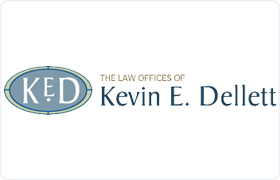Shawnee DUI-DWI Lawyer, Kansas
Sponsored Law Firm
-
 x
x

Click For More Info:
-
The Law Offices of Kevin Dellett
4630 West 137th Street, Suite 200 Leawood, Kansas 66224» view mapCriminal Defense Effective Aggressive Legal Assistance
The Law Office of Kevin Dellett was founded on a commitment to providing personalized attention and creative and determined criminal defense representation.
800-881-4691
Jerry Lee Wallentine
✓ VERIFIEDAccident & Injury, Criminal, Divorce & Family Law, Business, DUI-DWI
I began my career learning from some of the best, most experienced lawyers in Kansas. That experience has helped me become a skilled trial lawyer. Now... (more)
FREE CONSULTATION
CONTACTFREE CONSULTATION
CONTACTFREE CONSULTATION
CONTACTLarry C. Hoffman
Farms, Alimony & Spousal Support, Child Support, DUI-DWI
Status: In Good Standing Licensed: 36 Years
Tyler Powell Garretson
Criminal, Felony, DUI-DWI, Juvenile Law
Status: In Good Standing Licensed: 29 Years
FREE CONSULTATION
CONTACTScott C. Gyllenborg
Traffic, DUI-DWI, Constitutional Law, Antitrust, Mass Torts
Status: In Good Standing
John Harvell
Traffic, Domestic Violence & Neglect, DUI-DWI, Criminal
Status: In Good Standing Licensed: 35 Years
 Kevin Dellett Leawood, KS
Kevin Dellett Leawood, KS AboutThe Law Offices of Kevin Dellett
AboutThe Law Offices of Kevin Dellett Practice AreasExpertise
Practice AreasExpertise
